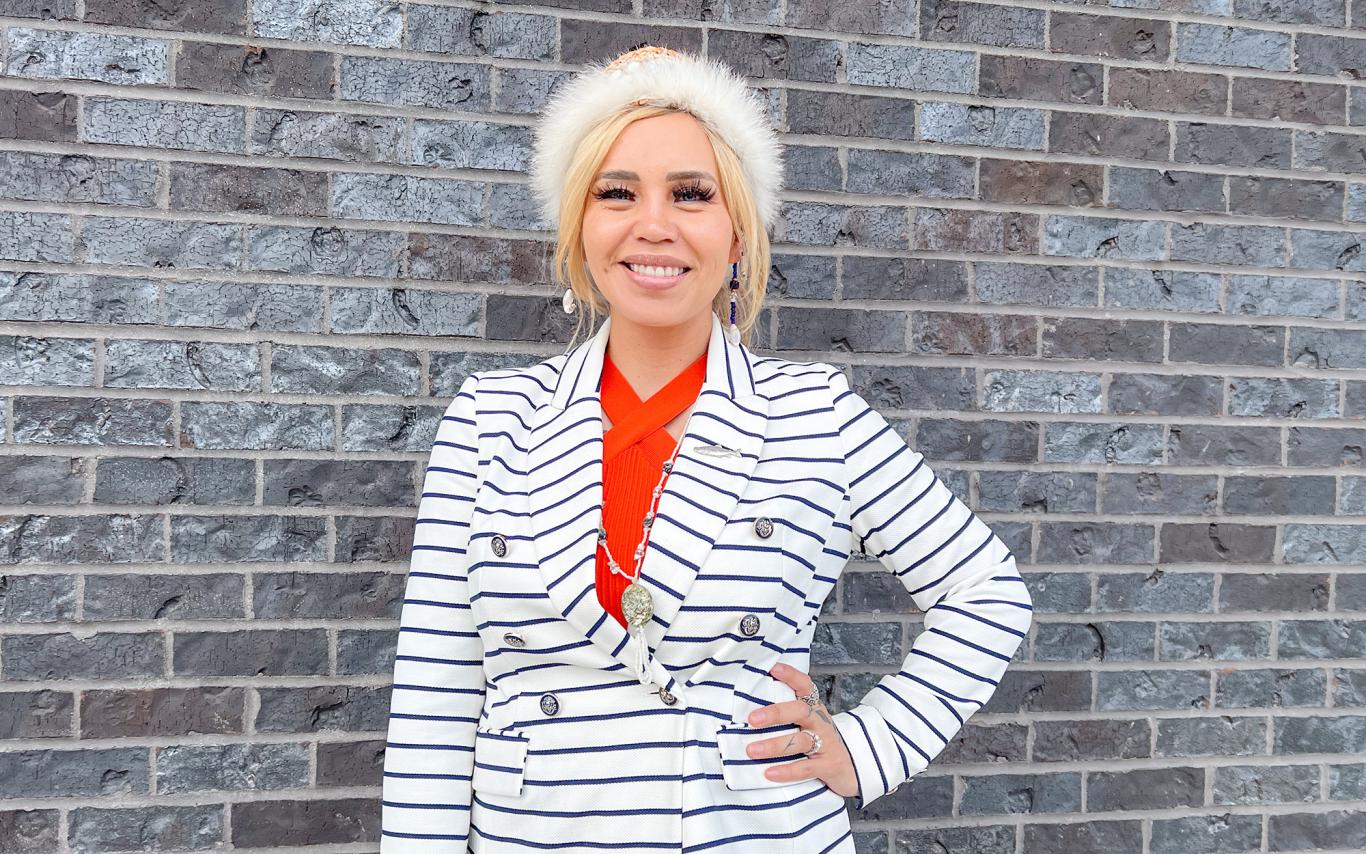Natasha Marshall Gallic shares her story
Natasha Marshall Gallic from c̓išaaʔatḥ, Tseshaht First Nation, wants to create connections and support her community members, whether they live at home or away from the community. Traditional foods are an important part of that connection, which is why she created miʔaat Community Supported Fisheries.
Community Supported Fisheries is a business model for selling fresh, locally sourced seafood. It supports community-based fishers who live in the communities where they fish and offers members weekly shares of the seafood that is caught. The model incorporates environmental stewardship, economic stability and social improvements as goals of the business.
miʔaat will be Canada's first Indigenous woman-owned, community-supported fisheries business, says Natasha.
“Community-supported fisheries means that it’s for us by us. It’s a decolonized business model because it isn’t dependent on anybody else except our own to provide for our people,” says Natasha. “We take care of our own people. We can harvest for them. It’s like a circular economy because we’re giving back to ourselves through this service.”
Natasha is among the first cohort of students to graduate from the Seafood Business Accelerator program. The program is led by VIU’s Centre for Seafood Innovation in partnership with the BC Commercial Fishing Caucus. It aims to give small-scale seafood harvesters the tools and guidance they need to compete in BC’s fisheries and aquaculture sector. She also recently completed her Indigenous Business Leadership Executive MBA at Simon Fraser University.
Natasha enrolled in the Seafood Business Accelerator program to bring her business idea to the next level. Her mentor, Andy Olsen, former Executive Director of the Native Fishing Association, encouraged her to enrol. She says the program expanded her business understanding of what kind of company she could successfully create.
“It was a stepping stone – a platform for me. It allowed me to gain awareness of what kind of strategy and marketing I must think about,” says Natasha.
Natasha says the accelerator program was very inclusive.
“It’s so important that Indigenous people are recognized for their rights within the fishing industry and to have their voice. This visibility and inclusion within the fishing industry is very important,” she says.
The program “opened her eyes” to the variety of resources available to assist her business. It was a space for businesses to share their experiences or mistakes, so everyone could learn from each other and network.
Natasha says miʔaat will be a sustainable and equitable business model where every First Nation community member will get an equal share or equal distribution of traditionally harvested food, ensuring their food sovereignty and food security. miʔaat builds on Natasha’s family fishing business, which uses a custom aluminum boat called Sith Slayer.




